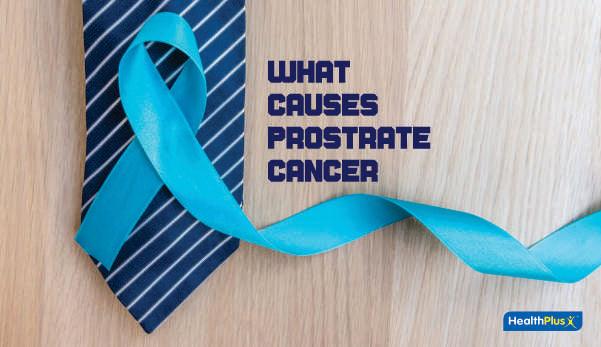What Causes Prostate Problems?
Today, there are many controversies about how to prevent prostate problems, Although there’s no one way to avoid the disease. Living and maintaining healthy habits may lower your risk; the sad fact is that many men do not understand what the prostate is and do not know the function of the prostate, so let’s have an understanding of what your prostate does:
The prostate is a tiny gland that’s part of the male reproductive system; the prostate helps make some of the fluid in semen which carries sperm from your testicles when you ejaculate. It rests below your bladder, and in front of your rectum it is about the shape and size of a walnut; as you age, the prostate grows, which is a normal ageing process; when you are about age 60-50 years old, the size of the prostate is quite similar to the size of a lemon.
Due to the continuous growth of the prostate, the enlarged prostate may squeeze the tube of the urethra, which causes difficulty in urinating. Many men do not experience these problems until they are about 50, a very few experience this at an earlier age. This condition is Benign Prostatic Hyperplasia or BPH, although it is not cancerous.
The contributing factors are Age and Family History, research has it that 8 out of every ten men develop an enlarged prostate, and about 30% of men will find their symptoms bothersome.
What are the symptoms?
The common symptoms of Benign Prostatic Hyperplasia include:
- Frequent urination, especially at night
- Reduced urine flow and strain to keep it flowing
It is essential to speak with a Health care professional when you experience these symptoms; if you ignore them, it may result in kidney or bladder damage.
What is the Treatment for Bening Prostatic Hyperplasia (BPH)
The treatment is dependent on various factors such as severity and age; the following are methods of treatment:
- Oral medication to relax the muscles of the bladder and prostate will improve the flow of urine from the bladder
- Medications to control hormonal imbalance and shrink the prostate.
- Minimally invasive surgical procedures to reduce the size of the prostate and strengthen urine flow
Prostate Prevention Practices
- Have a healthy diet. Eating healthy is essential, so reduce fat intake, and add fruits and vegetables to your diet. Also, clinical trials have suggested that Soy may lower PSA levels, and green tea may help men reduce a high risk of prostate cancer.
- Exercise regularly to fight the effects of a sedentary lifestyle- all of which can help prevent prostate problems
- Quit smoking and reduce alcohol consumption
- Increase your vitamin D intake, which can help protect against prostate disease. You can add Vitamin D-rich foods like cod liver oil, wild salmon, and dried shitake mushrooms to your meal plans. Furthermore, you can take vitamin-D supplements to boost your intake. However, you speak with a healthcare provider before taking Vitamin D supplements.
Supplements for Prostate
Many men have found success with Supplements; commonly used supplements for BPH include:
- Beta-sitosterol: Numerous plants contain this substance. Although research has it that it has no effects on prostate size, it makes it reduces the difficulty with urine flow.
- Pygeum: This is made from the African Plum tree’s bark; patients have reported that it helps them sleep better at night, urinate less frequently during the day and improve the flow of urine, which improves the health of the bladder
- Rye Grass: This medication helps with various BPH symptoms, including difficulty with urination, a weak urine stream, and an urgent need to urinate.
Conclusion:
Prostate problems severely affect the urinary system, and a healthy lifestyle is critical to keeping your prostate healthy. Furthermore, it would be best if you spoke with a healthcare professional before taking any of these prostate supplements and medications to advise and get them across all Health Plus Pharmacy stores. Finally, we want to see your comments, questions and concerns about Prostate problems; share this blog with a man you care about today.

